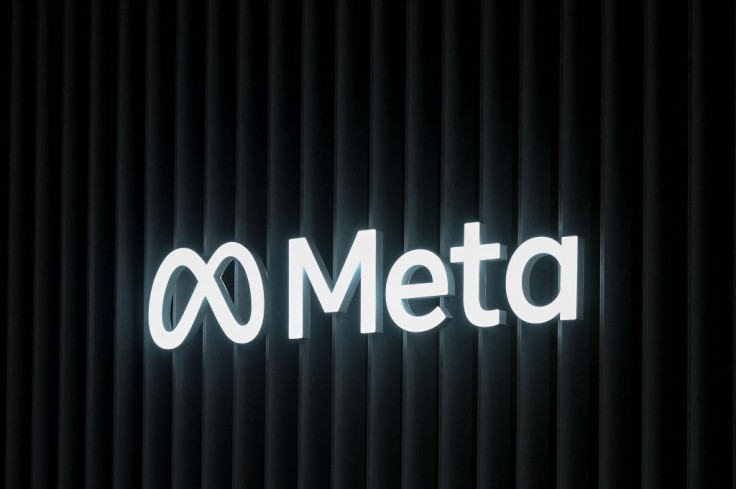In response to a lawsuit alleging that the social network permitted landlords and property sellers to run housing advertising that excluded people based on their ethnicity, sex, religion, and other factors, Facebook parent company Meta and the U.S. Department of Justice reached a settlement on Tuesday.

What Does the Settlement Say
According to the settlement with the Justice Department, Meta will no longer employ Special Ad Audience, a service for finding users who "look like" other users based on Fair Housing Act (FHA)-protected characteristics, as per the report of TechCrunch. This is because Special Ad Audience allegedly used a discriminatory algorithm. Meta will also create a brand-new system over the following six months to address racial and other disparities caused by its usage of customization algorithms in its ad distribution system for housing ads and put it into operation by Dec. 31.
The new Meta system's compliance with the criteria established by the company and the Justice Department will be continuously examined and confirmed by an independent, third-party reviewer. The settlement will come to an end if the Justice Department determines that the new approach doesn't adequately address the discrimination.
If Meta adds any targeting options, it must tell the Justice Department.
TechCrunch noted that a judge in the Southern District of New York, where the lawsuit was initially filed, must review and approve the proposed settlement. But in the event that it does, Meta stated that it has committed to create a new platform for housing advertisements and pay the highest penalty allowed by the FHA, or about $115,000.
What Does the Lawsuit Against Meta Say
As per CNET, for years, Meta has been the target of allegations that advertisers could exploit Facebook advertisements to restrict people from housing, jobs, or even financial services.
The lawsuit also lists the quantity of information Meta gathers from Facebook users for its advertising business. Users divulge information about their sexual orientation, marital status, accounts they follow, and even website activity off of social media.
It is worth noting that, as reported by TechCruch, the Justice Department's allegations have been supported by outside investigations, including a 2020 paper from Carnegie Mellon that demonstrated how biases in Facebook's ad technologies increased socioeconomic disparities.
What Does Meta Say
"Discrimination in housing, employment and credit is a deep-rooted problem with a long history in the US, and we are committed to broadening opportunities for marginalized communities in these spaces and others," Roy L. Austin Jr., Meta's vice president of civil rights and deputy general counsel, said in a blog post.
Hence, Meta noted that advertisers already have boundaries when it comes to targeting, including on utilizing age, gender or ZIP code, but the tech giant is attempting to make improvements, according to CNET.
The company listed further enhancements it has implemented over the years to address this issue, including banning the use of gender or age targeting and mandating a minimum 15-mile radius for geographical targeting for housing, employment, and credit advertisers.
Additionally, CNET mentioned that Meta consented to pay the U.S. $115,054-the maximum fine permitted by the FHA.









